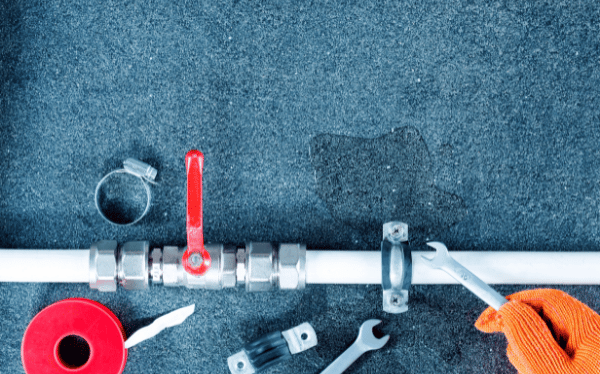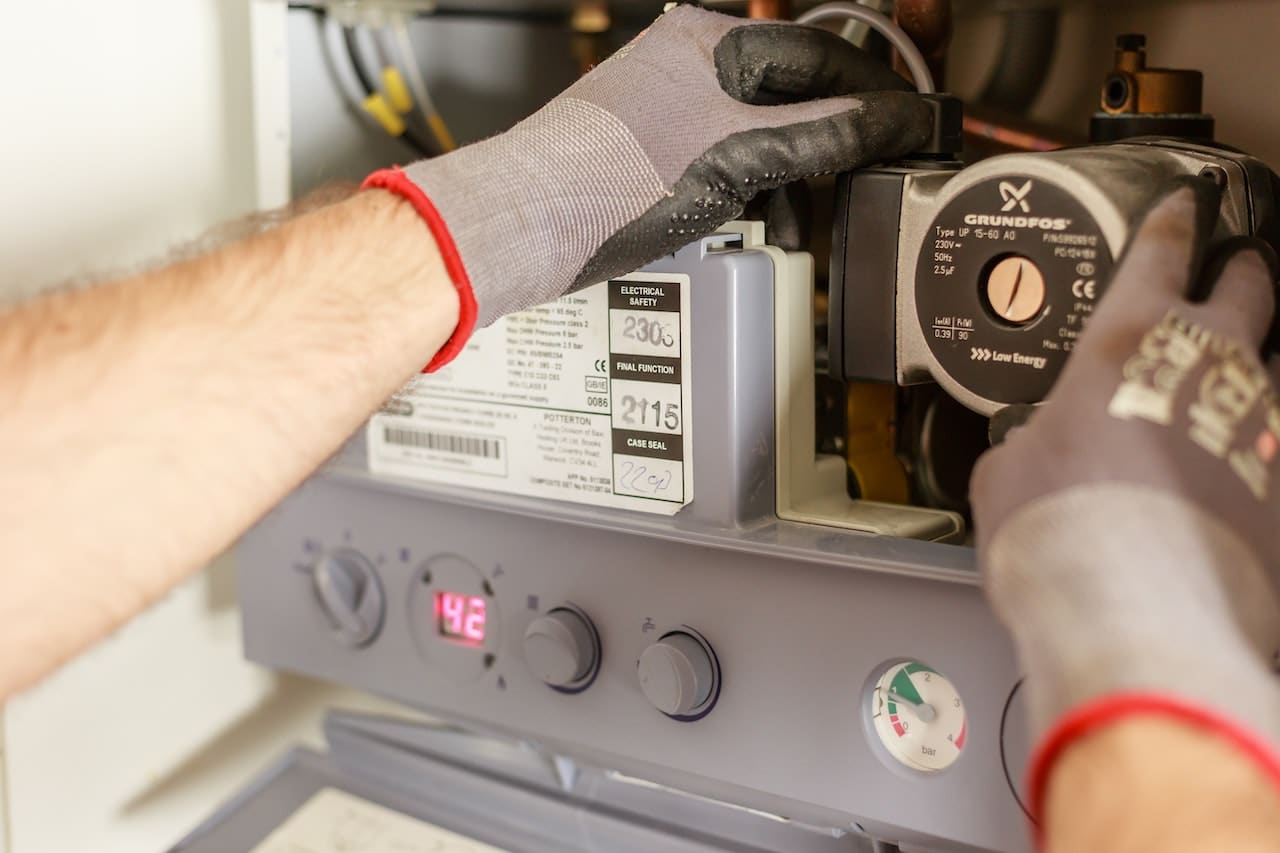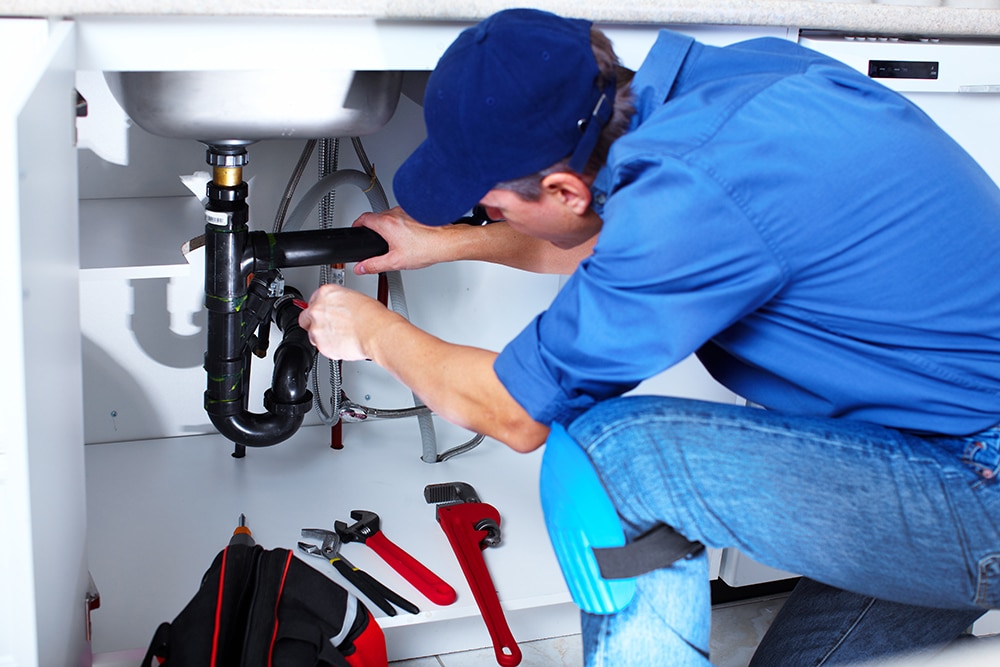One of the easiest ways to spot a water leak is through pipe vibration. This type of leak is the most noticeable and also the loudest. Pipe vibrations are easy to detect, but pipe vibrations can also be caused by other problems, such as water leaking from a nearby water main. To prevent this, you should inspect your plumbing system and check your water meter. A professional water leak detection company can also help you with the problem, allowing you to reroute the pipes to avoid further problems.
Pipe vibration is the loudest and easiest to detect
There are several ways to detect a water leak before digging, but pipe vibration is one of the most common. During heavy rain, the sound of water rushing down a pipe will be a surprisingly loud one. If the leak is close to the surface, it is likely to be on a concrete slab, but if the leak is deeper, it may be more difficult to detect. The reason for the difference in the two methods is due to the fact that concrete slabs and hard streets resonate better with sound. And while leaks in a 7-foot-deep water line are harder to hear than those in a three-foot-deep pipe, they are still easier to detect.
If you have a leak in a water pipe, you can listen to it with a special hose. The sound of running water causes the pipes to vibrate, and secondary thumps are essentially echoes of the main thumps. Listen closely if you can hear secondary thumps in the pipe. Once you know where to look, you can begin to repair or replace the pipe.
Checking your water meter
Before digging up your backyard, check your water meter. Water meters are usually located near the curb, on the side or back of your home. They have a metal or plastic cover and are topped by a spinning dial. When it spins, it records how much water you’re using. There’s a chrome pinwheel in the middle of the dial that records low volumes of water. If you see this indicator spinning, you’ve found a leak.
When digging, always close the shut-off valve to your building. The meter should be turned off if you suspect a leak. If you suspect an outdoor leak, check for sinking ground or a wet, lush lawn. Make sure the water meter is working properly and that no water was turned on during the hour you’re checking. Once the dial is moving slowly, turn off any water-using appliances and fixtures.
Inspecting your plumbing system
Before you dig up your yard, you should inspect your plumbing system. It’s best to have the system inspected if it is more than 30 years old, or if it has consistently clogged or drained slowly. Getting a video inspection is a good idea as well, so you can document the condition of the pipes. This will also help you prevent any future damages. If you suspect a leak or clog, you should schedule a plumbing inspection immediately.
When you start to suspect a leak or clog in your sewer line, it’s wise to call a plumber. A plumber can identify the problem quickly, and can even fix it onsite. A broken pipe can disrupt your daily routine. An older pipe can also malfunction due to extreme weather conditions. An inspection of your plumbing system can also help you avoid the need for a costly repair. A professional plumber will use a fiber-optic camera to see if there’s an issue before recommending a costly solution.
Inspecting your plumbing system early
Inspecting your plumbing system is an essential step before starting any digging project. These pipes perform a crucial function, and they are often hidden behind walls or underneath the foundation of your home. While a homeowner may not realize the importance of piping until there is extensive damage, this can be avoided by scheduling an inspection early before digging. The following are several aspects of the plumbing system you should check before starting any digging.
Tree roots are one of the biggest problems in sewer lines. The constant supply of water and nutrients from sewage makes the pipes a perfect habitat for these roots. If a tree grows close to a pipe, it will grow close enough to crush it. Plumbing inspections will detect this problem before it gets serious and is potentially costly. When performing an inspection, it is best to have a plumber or plumbers from a licensed plumbing company complete the job.



